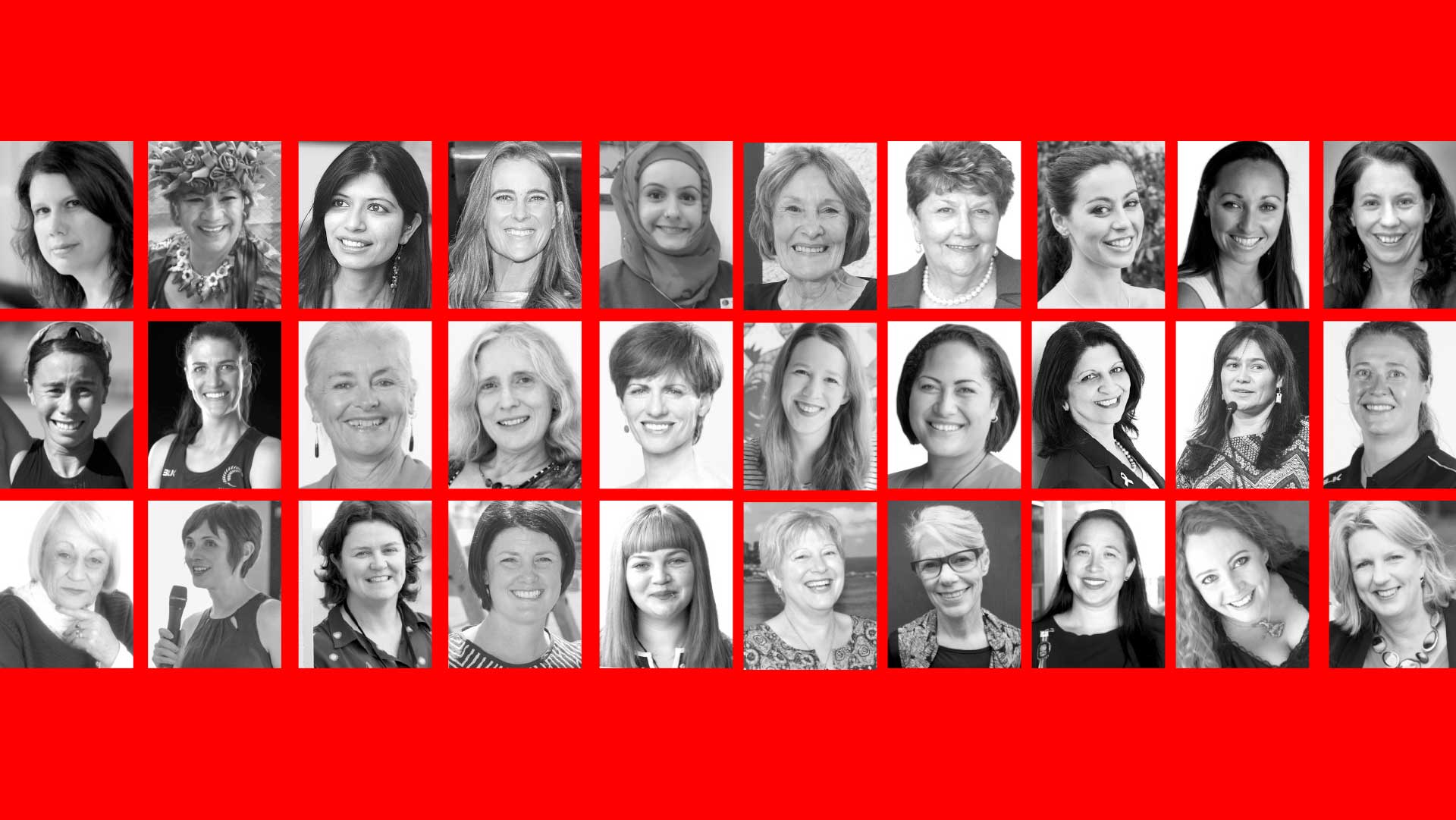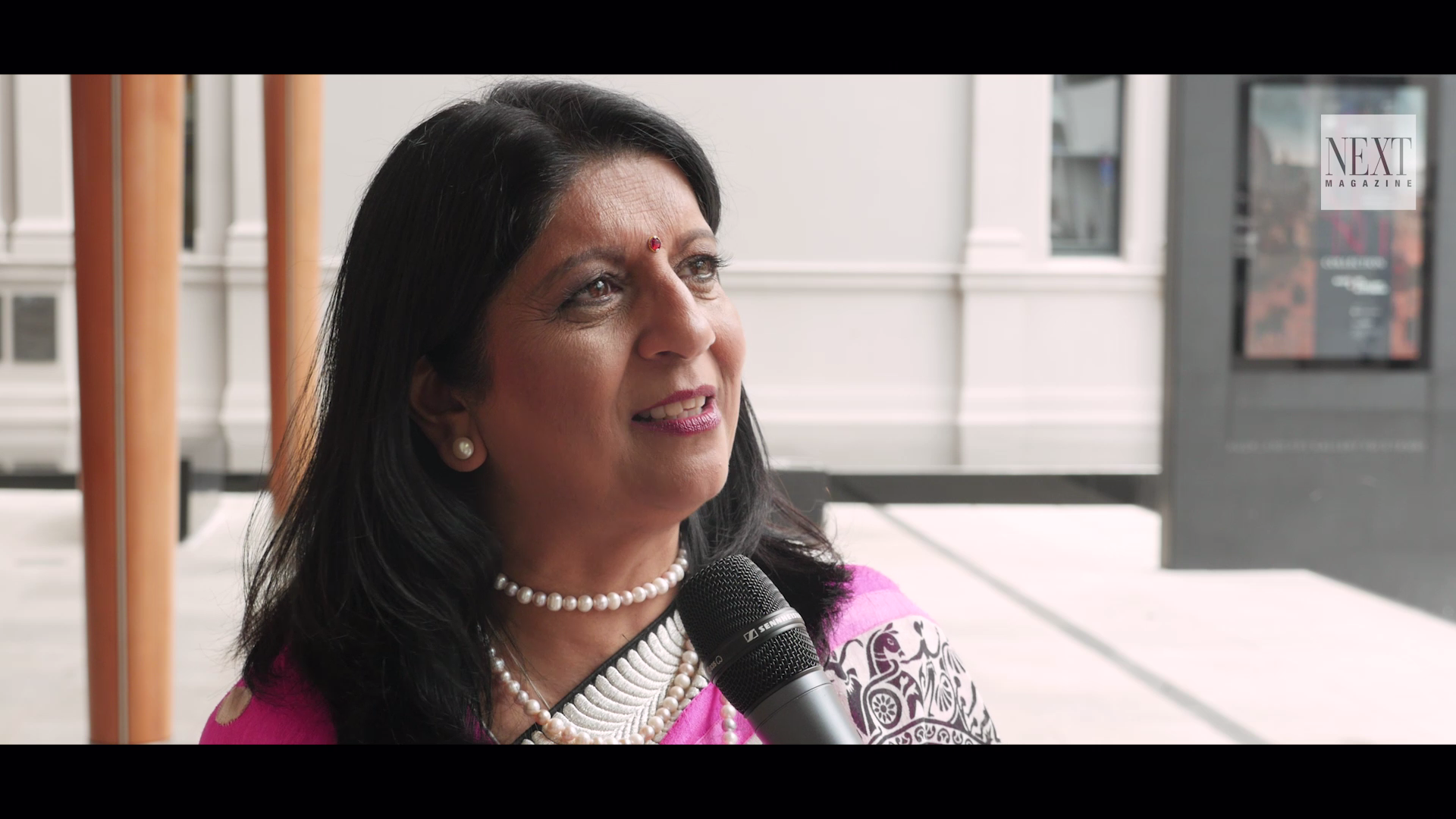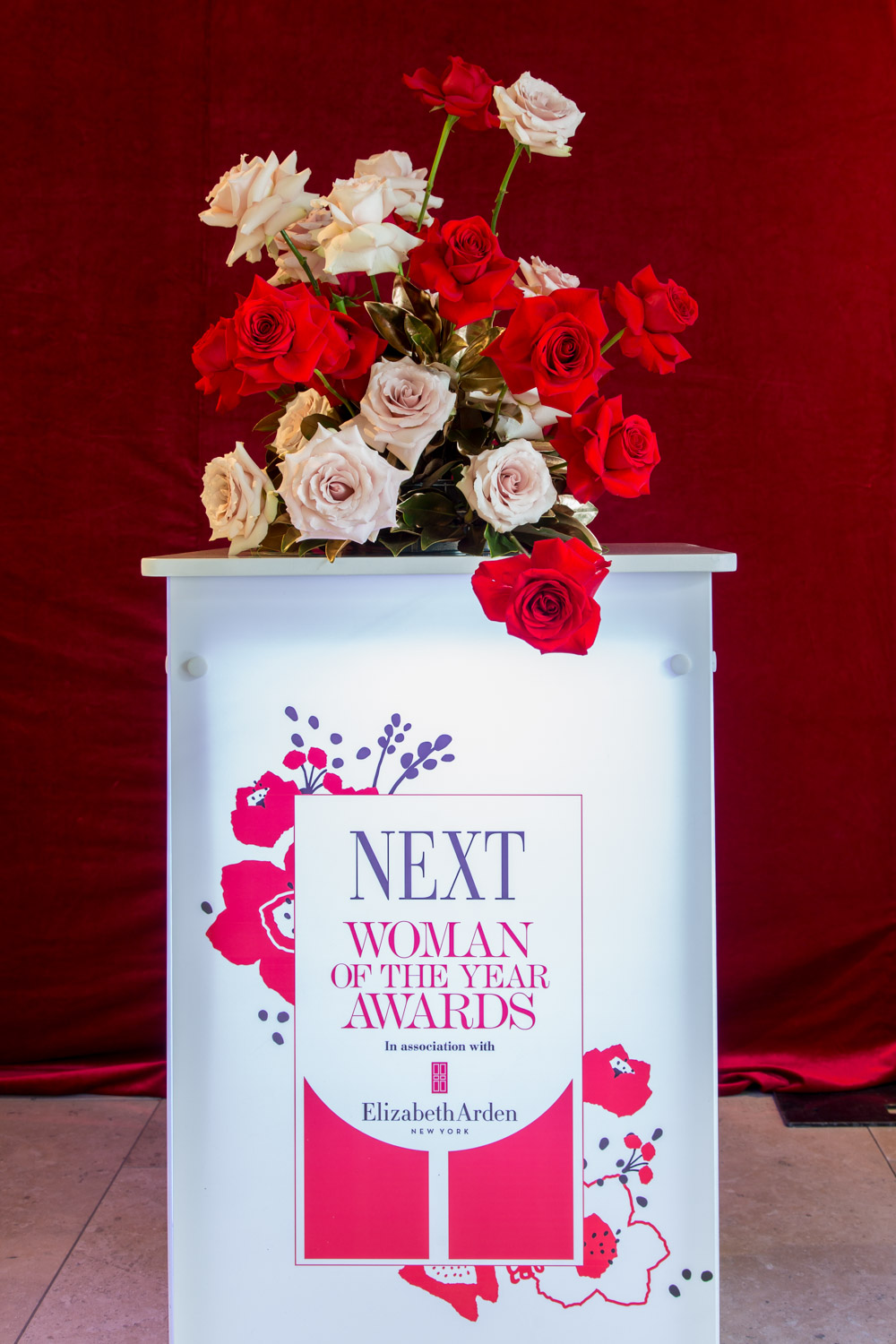Blanche Morrogh, finalist in Business and Innovation
Founder and director of Kai Ora Honey
Morrogh’s role model is Michelle Obama.
“I just love her passion for her people and what she does with her communities and with young children… uplifting them through fitness and good health and good food.”
She conquers self-doubt by taking some alone time to “figure out who I need to surround myself with to overcome the obstacles I am facing.
“And then I shamelessly ask for help.”
Morrogh can’t think of a better way to inspire young entrepreneurs than holding an event such as NEXT Woman Of The Year.
“Having an event like this where they’ve got women in front of them who they can look up to – women portrayed in a positive light. No matter which walk of life you’re from or what occupation… the awareness is a big one, the awareness of what women can achieve…. I grew up rural and one of my biggest challenges was having access to other successful women.”
Tabby Besley, finalist in Education
Founder of InsideOUT
It was a drama teacher in high school who was not afraid to be herself that give Tammy the courage to do the same. Tammy works with young people in the rainbow community and sees them as her biggest role models.
“The world we live in is a very challenging place… to be a young person and especially as part of rainbow communities and struggling with mental health challenges. The way that young people are continually surviving with all the pressures and discrimination they face is probably my biggest inspiration.”
She feels her work in this area is often not recognised or well-funded, but the changes she sees in young people who feel free enough to be themselves reward her and give her the impetus to strive for more.
Dr Assil Russell, finalist in Community
Founder of Revive a Smile and ICARE
When Dr Russell began working as a dentist in private practice in New Zealand she noticed that a lot of the poverty-related problems she had seen when she had graduated and worked as a dentist in war-torn Iraq were also present here. Dr Russell provides free dental care for people in dire need in New Zealand.
If she had unlimited time and money to make a difference she would love to see an end to poverty.
“It’s so sad to see, it really breaks my heart.”
Dr Rosalind Archer, finalist in Health and Science
Professor and Engineering Department Head at the University of Auckland
When Dr Archer was studying engineering at university she “didn’t have one” female lecturer. While she feels that people working in science and engineering are still relatively invisible she hopes to change that.
“You can’t be what you can’t see.”
It’s the goal of her faculty to increase female student enrollment numbers from 27 per cent to 33 per cent in the near future.
Being one of very few females in the engineering department has enabled her to “live life by my own rules and follow my own path”.
Stacey Shortall, finalist in Community
Lawyer and philanthropist
The person that Shortall singles out as the person who has influenced her most in her career was a Muslim woman from West Africa who she represented as a pro bono lawyer 20 years ago. The woman and her children were seeking refugee status in the United States.
“She had overcome significant hurdles and been subjected to extreme sexual and physical abuse… and to watch how she had handled all that had happened to her and her fierce determination to keep her family intact… and her absolute belief that she could turn a corner for her children was just phenomenal. She will always be an absolute benchmark for me around what the power of resilience is… in terms of what you can overcome if you believe in the power of family.”
Shortall’s work focuses on the prevention of violence against women and children, as well as their empowerment.
“I believe that woman are the bedrock of any community. If you enable women and empower and support them then you can change an entire family… a community… a society… a country.
“Small things can make a difference.”
Dr Siouxsie Wiles, finalist Health and Science
Microbiologist and Head of the Bioluminescent Superbug Lab at the University of Auckland
Dr Wiles still battles with society’s stereotyped ideas about what a scientist should look like and has come up against others thinking she isn’t good at her job because she doesn’t look like a scientist.
“It’s important to change stereotypes because they’re really dangerous.” Stereotypes hinder women from getting into science and hinder women from progressing in their work too, she says.
While there are more women than there ever used to be in science and engineering faculties, she believes they are still not welcoming places for women.
“I heard a really good analogy the other day… that instead of inviting people to the table to help make change, you have to get the people to make the table.”


